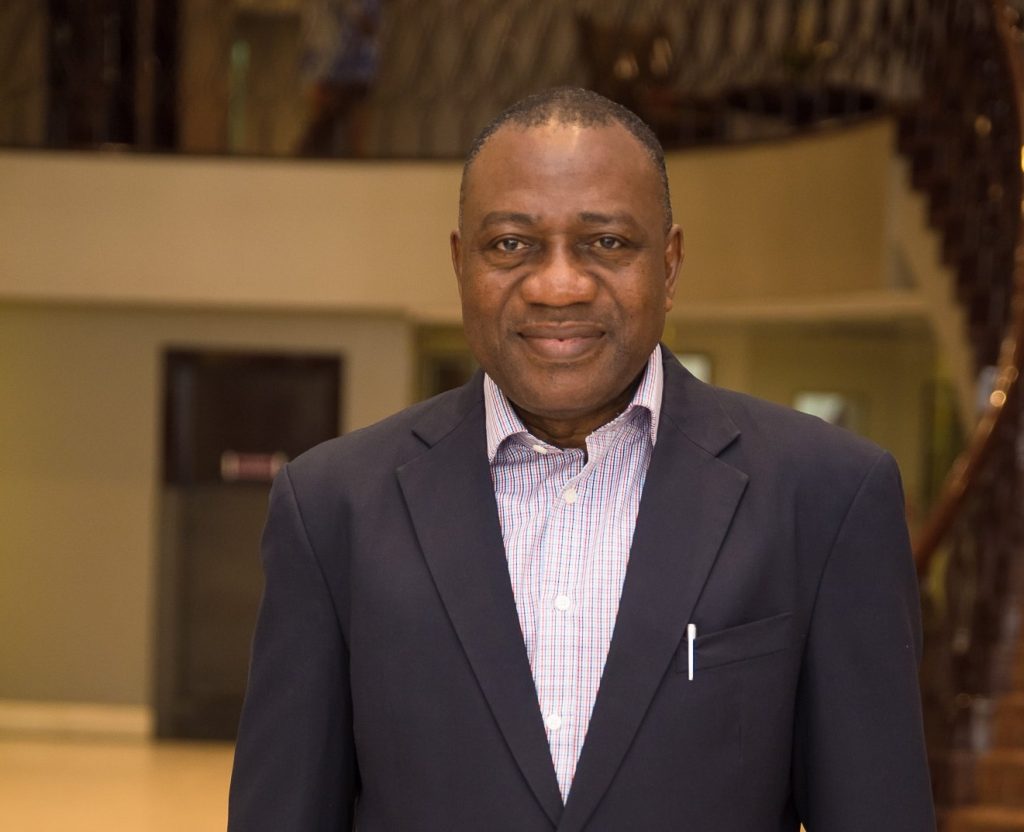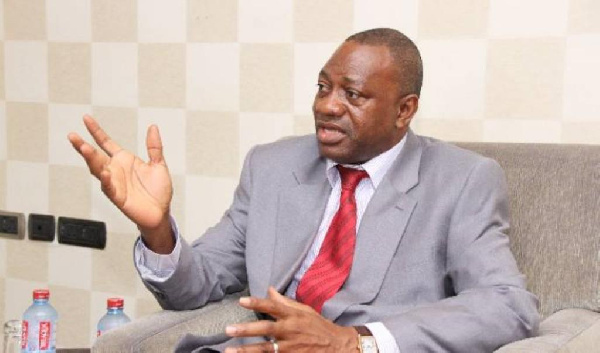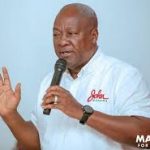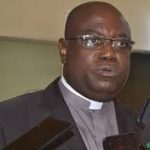Wa Central member of parliament for the National Democratic Congress (NDC), Dr. Rashid Pelpuo, says it will be challenging to stop political parties from being involved in the selection of caucus leaders in parliament.
His remarks follow Osei Kyei-Mensah-Bonsu’s resignation as Parliament’s majority leader.
Dr. Pelpuo, a former Deputy Majority Leader, stated to Selorm Adonoo on The Big Issue on Citi FM/Citi TV that although people have mentioned the new standing orders of Parliament prohibiting political parties from being involved in the selection of caucus leaders, it will be extremely challenging to completely eliminate party influences on caucus leader selection.
Dr. Rashid Pelpuo clarified thatt “since 1992, it has always been the pronouncement of the party that determines the leader of caucuses of the House. The party will meet and determine who will lead the caucus in the House, and it will play out to the caucus. Even though by our standing orders, it should be the caucus members that meet to decide who leads, it is something bigger than the caucus and so oftentimes, it is the party that determines who leads, and it is then endorsed by caucus members.”

He stressed that because members of parliament are frequently directed by the political party’s overarching authority, which directs their operations both inside and outside of Parliament, the frequently mentioned new standing orders provision is insufficient to completely eradicate political parties from selecting leaders.
“In the instance of the NDC, people complained because they thought that there was no discussion, they were taken by surprise, they didn’t say they didn’t want their leader, and nobody understood why it happened until later on. In the same particular instance, the same thing has occurred: the biggest caucus in the NPP is the Ashanti caucus and they say they were not consulted and other MPs joined them and made the same pronouncements and then they made reference to the new standing orders that it requires that the members elect their own leader but it is not clear because it does show that the leader emerges from the caucus and so that pronouncement is not strong enough for us to say the party does not matter. The party matters because it is the overarching authority that guides operations in and out of Parliament.”















